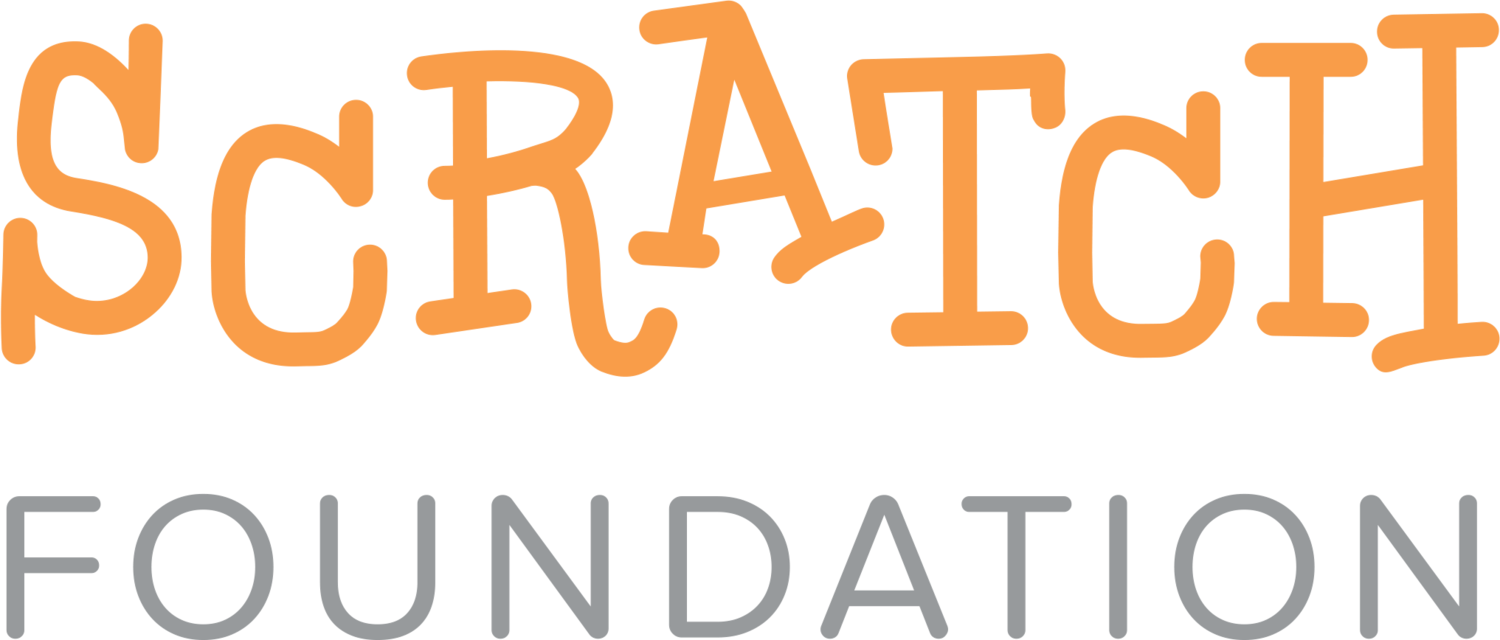The Scratch Education Collaborative Completes First Cohort, Making a Global Impact on Equitable Creative Computing
The third cohort launched this month with 50 new organizations
July 12, 2023 | Boston, MA – The Scratch Foundation announced this month the successful completion of the first cohort of the Scratch Education Collaborative (SEC), a transformative initiative aimed at strengthening organizations' commitment to equitable creative computing. After an enriching two-year collaborative experience, 37 participating organizations from around the world have accomplished remarkable achievements, inspiring a global community of educators and creating requitable coding resources that will serve students for years to come.
The Scratch Education Collaborative was established to increase access and eliminate gaps that have limited creative computing opportunities for educators and students in traditionally underrepresented communities. By bringing together diverse organizations and stakeholders, this initiative aimed to enhance the implementation of creative computing education that nurtures equity and accessibility. The SEC was first supported with a grant from Google.org. This initiative has also been supported by the LEGO Foundation, allowing it to expand into the creation of localized learning resources and launching new cohorts.
Throughout the two-year experience, SEC organizations produced a wide range of equitable creative coding resources that are already benefiting underrepresented communities, including:
Sistema THEAD, a nonprofit organization located in Barcelona, Spain, launched the Scratch Jr Tactile, a set of tactile programming blocks and boards for where all children—including those with visual, motor, and intellectual disabilities—can learn creative coding with their hands for an unplugged, tangible, and social learning experience.
The New York City Department of Education’s initiative Computer Science for All, launched a day-long workshop in NYC schools to explore computer science pathways with K-12 students. During the workshop, students across all grade levels produced creative coding projects using various tools, including Scratch, p5.js, and Makey! Makey!.
STEAMLabs Africa, a nonprofit organization located in Kenya, Africa, has created “Getting Started with Scratch” resources for teachers—including guides, workshops, and learning materials—that are tailored to the cultural context of Kenya.
Elaine Atherton, Head of Programs at the Scratch Foundation, expressed her gratitude for the participating organizations, stating, "We are immensely grateful to the organizations that joined us in this transformative journey. Together, we have achieved great strides in advancing equitable creative computing. The work these organizations created will have a lasting impact on countless educators and students from all over the world, empowering them to become confident creators and problem solvers in the digital age."
Throughout the cohort, the participating organizations collaborated, shared best practices, and developed innovative approaches to implement creative computing education that caters to diverse learners. Their collective efforts have paved the way for future cohorts, and have created self-sustaining networks and models for equity-centered creative computing resources and learning experiences.
The Scratch Foundation looks forward to the continued growth and impact of the Scratch Education Collaborative as it embarks on new cohorts and expands its reach to empower even more educators and learners worldwide. The second cohort, formed by more than 80 organizations, is currently completing its second year. The third SEC cohort launched this month, with 50 new organizations joining the initiative.
Below is the full list of organizations and partners that participated in the SEC’s first cohort:
Alaska Native Science & Engineering Program – AK, USA
Arkansas Regional Innovation Hub – AR, USA
BootUp PD – UT, USA
Bridges to Science – TX, USA
Center for Cyber Education at Mississippi State University – MS, USA
Creative Community Learning Brasil Space Action Partners / Projeto Social Ação Parceiros – Santa Bárbara, Brazil
Code Club Australia – Sydney, Australia
CodeCrew – Memphis, TN, USA
Deaf Kids Code – NYC, NY, USA
Deaf Technology Foundation – Jos, Nigeria
Digital Moment – Montreal, Canada
Faculty of Education Team at University of Johannesburg – Johannesburg, South Africa
Hayward Unified School District – Hayward, CA, USA
Humble Independent School District (ISD) – Humble, TX, USA
ILCE Instituto Latino Americano de la Comunicación Educativa – Mexico City, MX
Lomie G. Heard Elementary School – Clark County School District, NV, USA
Makerere Innovation Society – Uganda
Mouse – NYC, NY, USA
National Society of Black Engineers – USA
NEFSTEM Center, University of North Florida – FL, USA
New York City Department of Education – CSforAllNYC – NYC, NY, USA
New York Hall of Science – NYC, NY, USA
Odyssey Educational Foundation – Nigeria
Play Pattern – Princeton, NJ, USA
Quest Alliance – Bengaluru, India
Schoolnet South Africa – Johannesburg, South Africa
Sistema THEAD – Barcelona, Spain
Sisters of Code – Phnom Penh, Cambodia
STEAMLabs Africa – Nairobi, Kenya
STEM Impact Center Kenya – Nairobi, Kenya
Streetlight Schools – Johannesburg, South Africa
Tanner Elementary – Chicago Public Schools, IL, USA
Teachathon Foundation – Lagos, Nigeria
UdiGitalEdu – Girona, Spain
Ulnooweg – Digital Mi’kmaq – Halifax, Nova Scotia
WeTeach_CS, Center for Cyber Education at University of Texas Austin – USA
Youth for Technology Foundation – Nigeria and Kenya
For more information about the Scratch Education Collaborative and the Scratch Foundation's initiatives, please visit https://sip.scratch.mit.edu/sec/.
About The Scratch Foundation
The Scratch Foundation is a nonprofit dedicated to providing young people with digital tools and opportunities to imagine, create, share, and learn. Through innovation and collaboration, the Scratch Foundation spreads creative, caring, collaborative, equitable approaches to coding and learning around the world. Scratch, the world’s largest coding community for children, was originally developed by the Lifelong Kindergarten Group at the MIT Media Lab and publicly launched in 2007. The platform provides millions of young people from all backgrounds with the opportunity to develop their voices and express themselves by creating their own stories, games, and animations.
